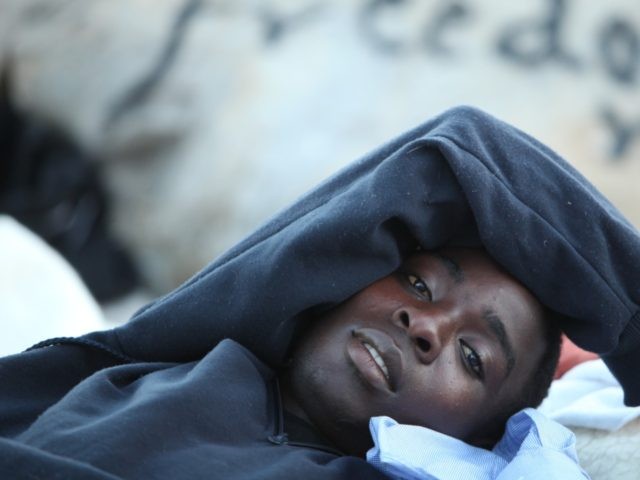Eritrea’s Roman Catholic Church lambasted what it described as the lawless government for seizing and shutting down all its health facilities, several news outlets reported this week.
In a June 13 letter to the Eritrean ministry of health that came to light this week, Roman Catholic bishops said that the African country’s government deployed soldiers to the health centers to keep patients out after they were ordered to go home.
On Monday, BBC noted the letter argued that “the seizure of the buildings could not happen in a country where the rule of law existed.”
The British news outlet added: “Many analysts believe the government has closed down the health centers to retaliate against the Church for issuing a statement in April calling for reforms to stem the tide of migration to Europe.”
The Eritrean government has yet to comment on the church’s claims.
On Tuesday, the Catholic News Service (CNS) reported:
In their letter, the bishops said the services the church provides to Eritreans could not be construed as an act of opposing the government. The church’s main concern is the people in need of the services that the government action has halted, it said.
“The government can say it doesn’t want the services of the Church, but asking for the property is not right,” the letter declared.
According to the U.S. Commission on International Religious Freedom (USCIRF), nearly half the country’s population identifies as Christian and the other half as Muslim.
BBC reported, however, that Roman Catholics only make up 4 percent of the population.
Eritrea, which is located in the Horn of Africa, reportedly houses 22 Catholic health centers, with many of them located on the property of monasteries.
The closures are expected to affect “thousands of people, mostly mothers and their children in rural areas, without healthcare,” BBC learned.
It added, “The government also provides health services, but critics say they are less accessible and of a lower standard.”
In May, CNS learned from a nun who spoke on condition of anonymity that the government exerts some control over the Catholic church in Eritrea.
“We are subjected to looking over our shoulders to serve the people” of Eritrea, she told the Catholic News Service, adding that the freedom that the church enjoys in other countries “is not with us.”
In its latest annual report, USCIRF urged the U.S. State Department to again designate Eritrea as country of particular concern (CPC) for severe religious freedom violations.
USCIRF accused the Eritrean government of engaging in or tolerating “particularly severe religious freedom violations, meaning those that are systematic, ongoing, and egregious,” adding:
The Eritrean government highly regulates religious practice, and there is little to no freedom of religion or belief for people outside of the four officially recognized faith communities: the Eritrean Orthodox Church, Sunni Islam, the Roman Catholic Church, and the Evangelical Church of Eritrea.
President Isaias Afwerki, leader of the only political party permitted in the country—the Popular Front for Democracy and Justice (PFDJ)—vigorously suppresses dissent and has ruled Eritrea with absolute authority since its independence from Ethiopia in 1993.
The commission noted that the Eritrean government continues to arrest and torture worshippers, including children, who disagree with its actions.
U.S.-Eritrea relations remain weak, the commission acknowledged.

COMMENTS
Please let us know if you're having issues with commenting.